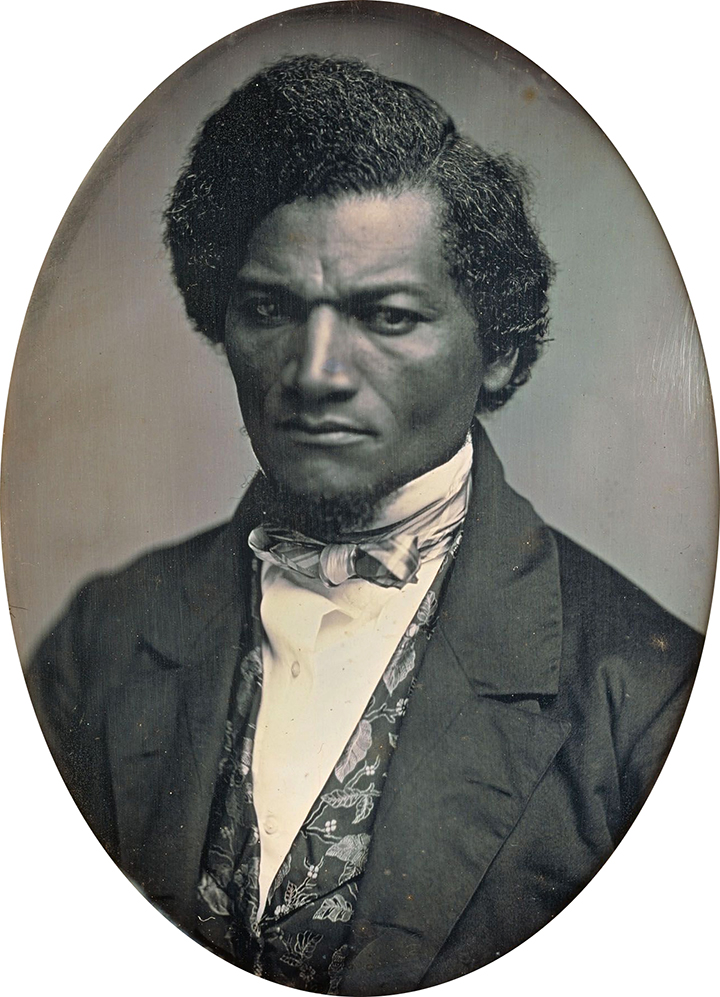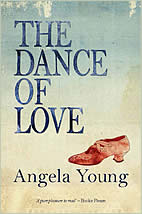Independence Day, celebrated in America on the fourth of July, commemorates the Declaration of Independence, ratified on the fourth of July 1776. It stated that the:
Thirteen Colonies were no longer subject (and subordinate) to the British monarch, George III, and were now united, free, and independent states.
Freedom from a colonial power and freedom from a monarch who lived thousands of miles away is a good thing. But what kinds of freedom did the Declaration of Independence offer the citizens of the states united by it?
The second paragraph of the Declaration states:
We hold these truths to be self-evident, that all men are created equal, that they are endowed by their Creator with certain unalienable Rights, that among these are Life, Liberty and the pursuit of Happiness.
On 5 July 1852, Frederick Douglass, a formerly enslaved man who became a prominent activist, a leader of the abolitionist movement, an author and public speaker, addressed the Rochester (New York) Ladies Antislavery Society about Independence.
What have I, or those I represent, to do with your national independence? … I am not included within the pale of this glorious anniversary! Your high independence only reveals the immeasurable distance between us. The blessings in which you this day rejoice are not enjoyed in common. The rich inheritance of justice, liberty, prosperity, and independence bequeathed by your fathers is shared by you, not by me.

Frederick Douglass, taken in the 1840s. From here, a site that suggests reasons for the number of photographs of Douglass that exist.
Among other things, Douglass also said, to the Rochester Ladies Antislavery Society:
At a time like this, scorching irony, not convincing argument, is needed. O! had I the ability, and could reach the nation’s ear, I would, to-day, pour forth a stream, a fiery stream of biting ridicule, blasting reproach, withering sarcasm, and stern rebuke. For it is not light that is needed, but fire; it is not the gentle shower, but thunder. We need the storm, the whirlwind, the earthquake. The feeling of the nation must be quickened; the conscience of the nation must be roused; the propriety of the nation must be startled; the hypocrisy of the nation must be exposed; and the crimes against God and man must be proclaimed and denounced.
James Baldwin also believed in the need for fire. In The Fire Next Time, published in 1964, he wrote:
The American Negro … was once defined by the American Constitution as ‘three-fifths’ of a man. [A man] who, according to the Dred Scott decision had no rights that a white man was bound to respect. [The Dred Scott decision was an 1857 ruling, in the American Supreme Court, that held that the American Constitution did not extend American citizenship to people of black African descent.]
The American Negro has the great advantage of having never believed that collection of myths to which white Americans cling: that their ancestors were all freedom-loving heroes … that they were born in the greatest country the world has ever seen, or that … Americans have always dealt honourably with Mexicans and Indians and all other neighbours or inferiors.
Baldwin ends the book with:
If we – and now I mean the relatively conscious whites and the relatively conscious blacks, who must, like lovers, insist on, or create, the consciousness of the others – do not falter in our duty now, we may be able, handful that we are, to end the racial nightmare and achieve our country, and change the history of the world. If we do not now dare everything, the fulfilment of that prophecy, re-created from the Bible in song by a slave, is upon us: God gave Noah the rainbow sign, No more water, the fire next time!
The song was Oh Mary Don’t You Weep, and the line that Baldwin ends his essay with comes from this verse:
God gave Moses the rainbow sign
No more water, but fire next time
Pharoah’s army got drownded
Oh Mary don’t you weep.
Two prominent men. Two prominent American men. Two prominent American Black men. With two dissenting points of view about American Independence.





Leave a Reply